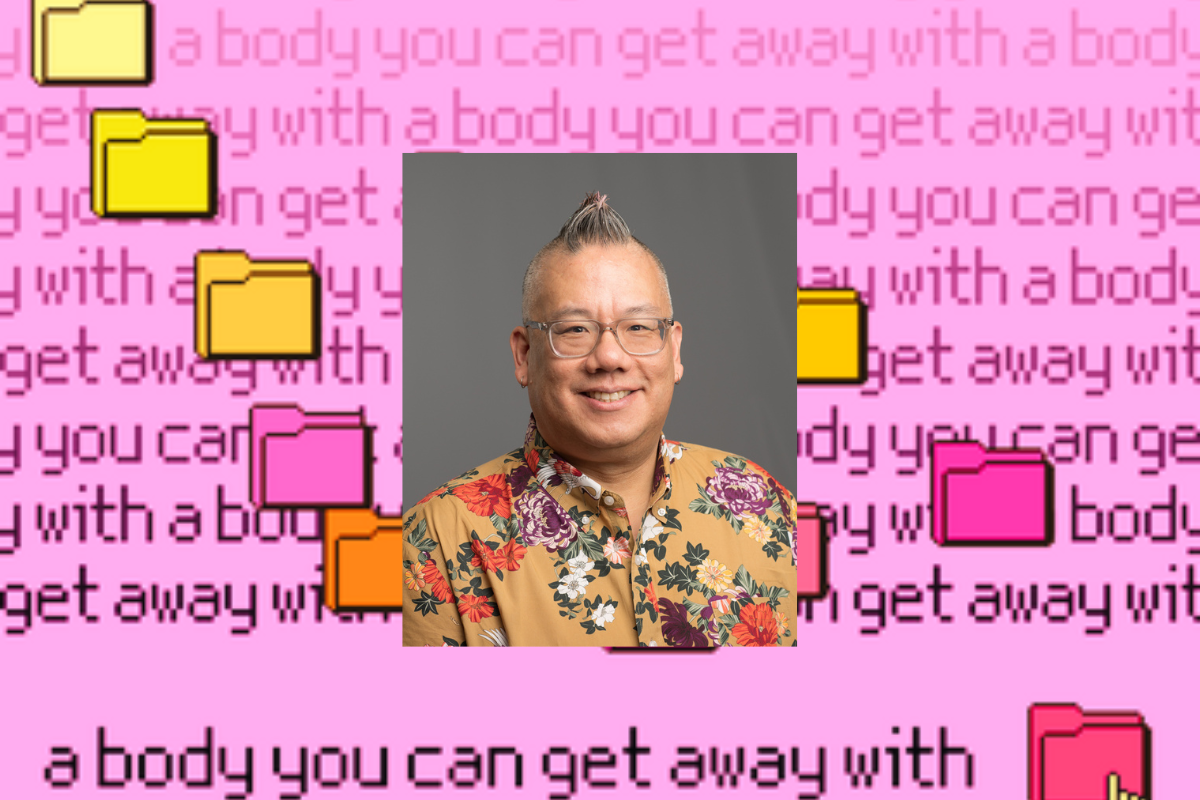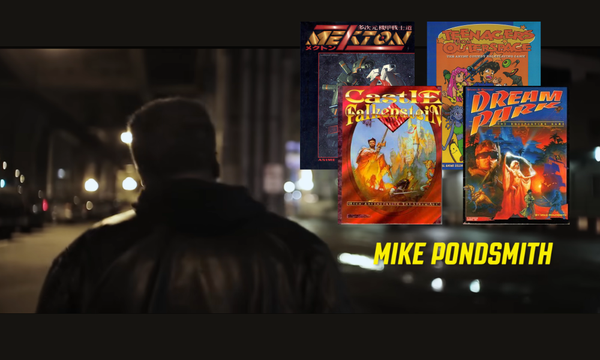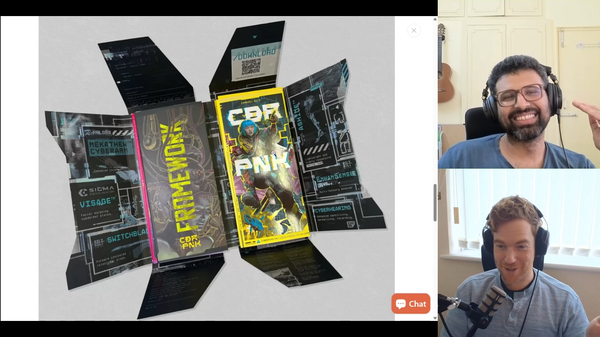Exploring queer analog games with Edmond Chang
Why reaching beyond representation is critical for tabletop’s cultural future.

Analog Game Studies has been one of the premier venues for the academic study of roleplaying games ever since it was founded in 2014. Apart from the open-access journal, they also organize the annual online conference, Generation Analog, whose sharp and insightful talks are available on Youtube. Recently, they published a special issue titled Queer Analog Game Studies, which called for papers asking, “Analog games are here…but are they queer? What’s queer about analog games? What does it mean to queer tabletop, board games, or LARP?”
The resulting issue contains four papers discussing topics such as how Powered by the Apocalypse games can be seen as a queer technology or operating system, and how playthroughs of Avery Alder’s Teen Witch and Laurie O’Connel’s Lichcraft can inspire a critique of academia.
Queer Analog Game Studies was edited by Analog Game Studies’ new editor-in-chief, Edmond Chang, who is an associate professor of English at Ohio University. Rascal sat down with Chang to talk about his new role, along with the challenge and promise of queer analog games.
This interview was edited for clarity and length.
Rowan Zeoli: How does queering analog games, queering video games, change the way you engage with the source material, as opposed to a more traditional game studies lens?
Edmond Chang: We talk about first, second, third wave feminism; I like to joke that there's first, second, third wave Game Studies. They kind of formally and intellectually almost track on top of one another in weird ways. I think a lot of early game studies was really, really trying to think about how to deal with this medium that was created and born digital. I'm sure you have read or heard people talk about the whole narratology/ludology debate. Can games be stories? Which is more important? And we could argue that's first wave game studies. Then people came along and were like, they're both, right?
Or [another aspect was] we're not that interested in the formal qualities or theories of narrative, we're more interested in representation. Why are games all about straight, cisgender, 30-something white men? Where are the women? Where are the people of color? Where are the people with disabilities? Gender becomes a really important conversation as we move into, let's say, the ‘80s and ‘90s. So, second wave feminism, thinking about representation, thinking about dovetailing with popular culture and forms of power — all these sorts of things come in, and I think that's where we're at right now.
I think representation and identity are super important, but I'm not as interested in necessarily thinking about just those bits. My more recent work has been thinking about whether games themselves can be queer. Bridging the narrative stuff and the formal, ludic stuff, right? I care that there are queer characters in the game, I care that there are queer storylines. But also, is the game itself doing things — or not doing things — that make it queer as well?






